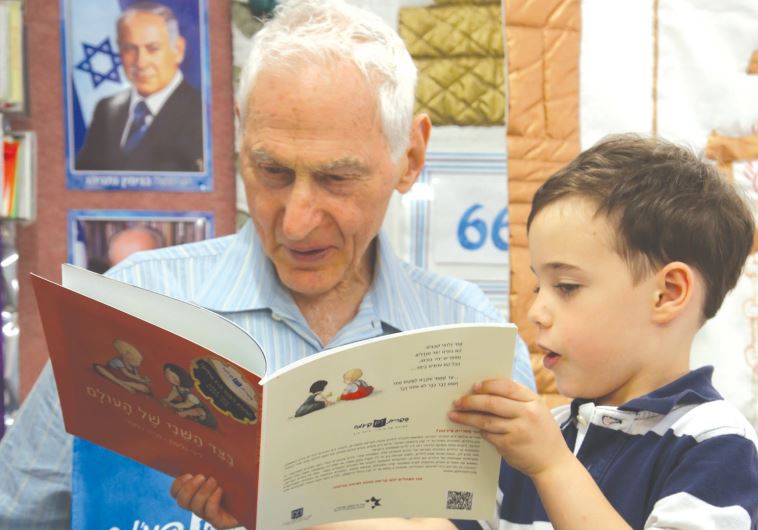A child’s first book makes a difference
Reading projects founded by US philanthropist Harold Grinspoon help build identity, enhance family bonding.
 HAROLD GRINSPOON reads to a child one of the 10 million children’s books his foundation has given away
HAROLD GRINSPOON reads to a child one of the 10 million children’s books his foundation has given away